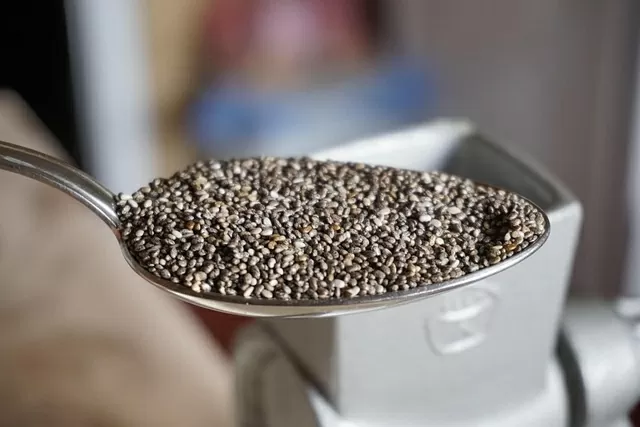 |
| Chia seeds contain many nutrients but not everyone should use them. (Source: Pixabay) |
The word “chia” comes from the Mayan language. Historically, Aztec warriors used chia seeds before going into battle, believing they provided a greater source of energy than any modern supplement.
Chia seeds are also known as “runner’s food” because runners have been drinking chia seeds to fuel their long-distance runs. It is said that just one spoonful of chia seeds can provide them with energy for 24 hours.
They are virtually tasteless, easily digestible (when prepared properly), extremely nutritious and full of energy. Famous for their versatility, chia seeds can be added to puddings, yogurts, or simply consumed with water.
Chia seeds are packed with powerful nutrients that may help prevent a number of chronic diseases. They contain fiber, omega-3s, protein, antioxidants, and minerals, all of which are known to benefit heart health by lowering blood pressure and preventing blood clots.
The fiber in chia seeds aids digestion, prevents constipation, and helps regulate blood sugar levels. The antioxidants in chia seeds are added to baked goods and other foods to enhance both nutritional value and shelf life (according to the National Institutes of Health ).
However, Indian gastroenterologist Shubham Vatsya believes that not everyone should use chia seeds. Below are 4 groups of people who should avoid or be especially careful when consuming this type of seed.
People with low blood pressure
Chia seeds have the effect of supporting blood pressure reduction thanks to their high content of omega-3 fatty acids and natural vasodilation. However, for people who already have low blood pressure (hypotension), adding chia seeds can cause blood pressure to drop further, leading to symptoms such as dizziness, lightheadedness, fatigue, and can even be dangerous if blood pressure drops too low.
Dr. Shubham Vatsya recommends that people with low blood pressure should consult their doctor before adding chia seeds to their daily diet. If they still want to use them, they should use them in small amounts and monitor their blood pressure regularly to ensure safety.
People who are taking blood thinners (such as aspirin)
Chia seeds are high in omega-3 fatty acids, which have natural blood-thinning properties. This may help reduce the risk of blood clots in some people, but poses a higher risk for those taking blood-thinning medications such as aspirin, warfarin, or similar drugs.
Combining chia seeds with these drugs can further reduce the body's ability to clot, increasing the risk of bleeding, bruising or dangerous complications if there is a wound.
Therefore, doctors recommend that people who are taking blood-thinning medications should consult their doctor before adding chia seeds to their diet - especially if they intend to use them in large doses.
People with digestive problems
Digestive disorders such as bloating, gas, and irritable bowel syndrome (IBS) are quite common, and consuming chia seeds may make these conditions worse.
Because chia seeds contain a lot of soluble fiber, when exposed to water, they will expand and form a gel in the stomach, easily causing symptoms such as bloating, constipation, diarrhea or abdominal pain.
If you still want to add chia seeds, people with digestive problems should soak the seeds thoroughly before using and only use small amounts to avoid irritation or aggravating symptoms.
People with kidney disease
Chia seeds are high in phosphorus and potassium, two minerals that are beneficial for bone and heart health. However, for people with chronic kidney disease or impaired kidney function, the body may have difficulty processing these minerals.
Consuming too many chia seeds can lead to electrolyte imbalance, putting stress on the kidneys and increasing the risk of serious problems like hyperkalemia.
Source: https://baoquocte.vn/bon-nhom-nguoi-nen-tranh-hoac-dac-biet-can-trong-khi-tieu-thu-hat-chia-333193.html







![[Photo] Cutting hills to make way for people to travel on route 14E that suffered landslides](https://vphoto.vietnam.vn/thumb/1200x675/vietnam/resource/IMAGE/2025/11/08/1762599969318_ndo_br_thiet-ke-chua-co-ten-2025-11-08t154639923-png.webp)
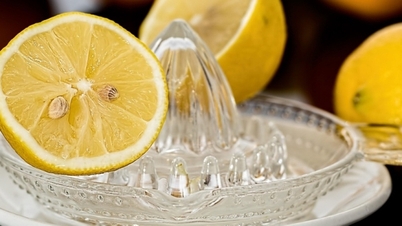


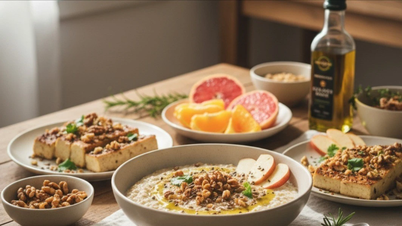

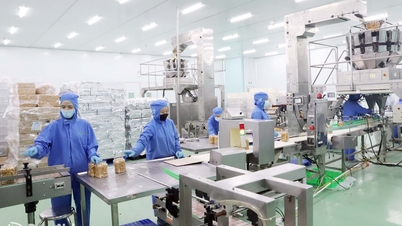

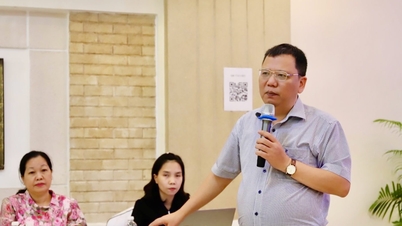


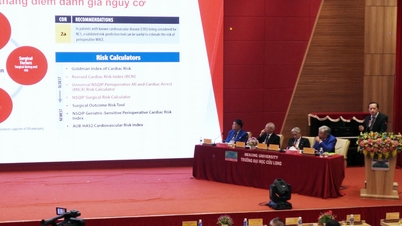



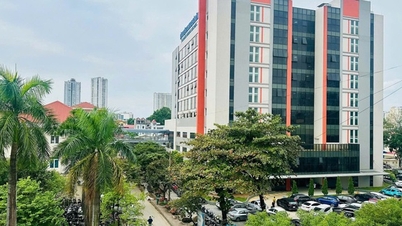
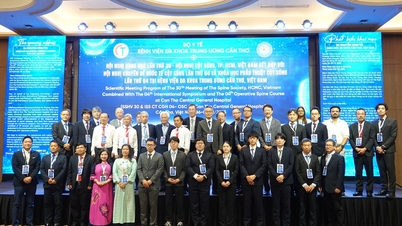







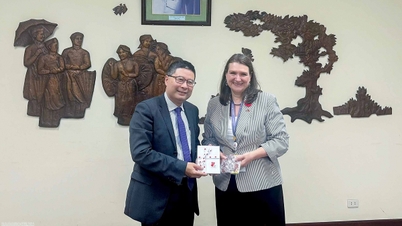



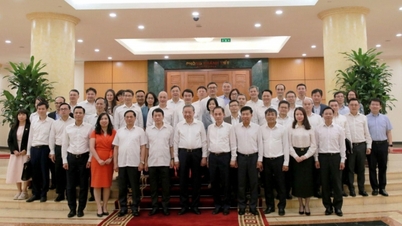

![[Photo] "Ship graveyard" on Xuan Dai Bay](https://vphoto.vietnam.vn/thumb/1200x675/vietnam/resource/IMAGE/2025/11/08/1762577162805_ndo_br_tb5-jpg.webp)







![[Video] Hue Monuments reopen to welcome visitors](https://vphoto.vietnam.vn/thumb/402x226/vietnam/resource/IMAGE/2025/11/05/1762301089171_dung01-05-43-09still013-jpg.webp)

































































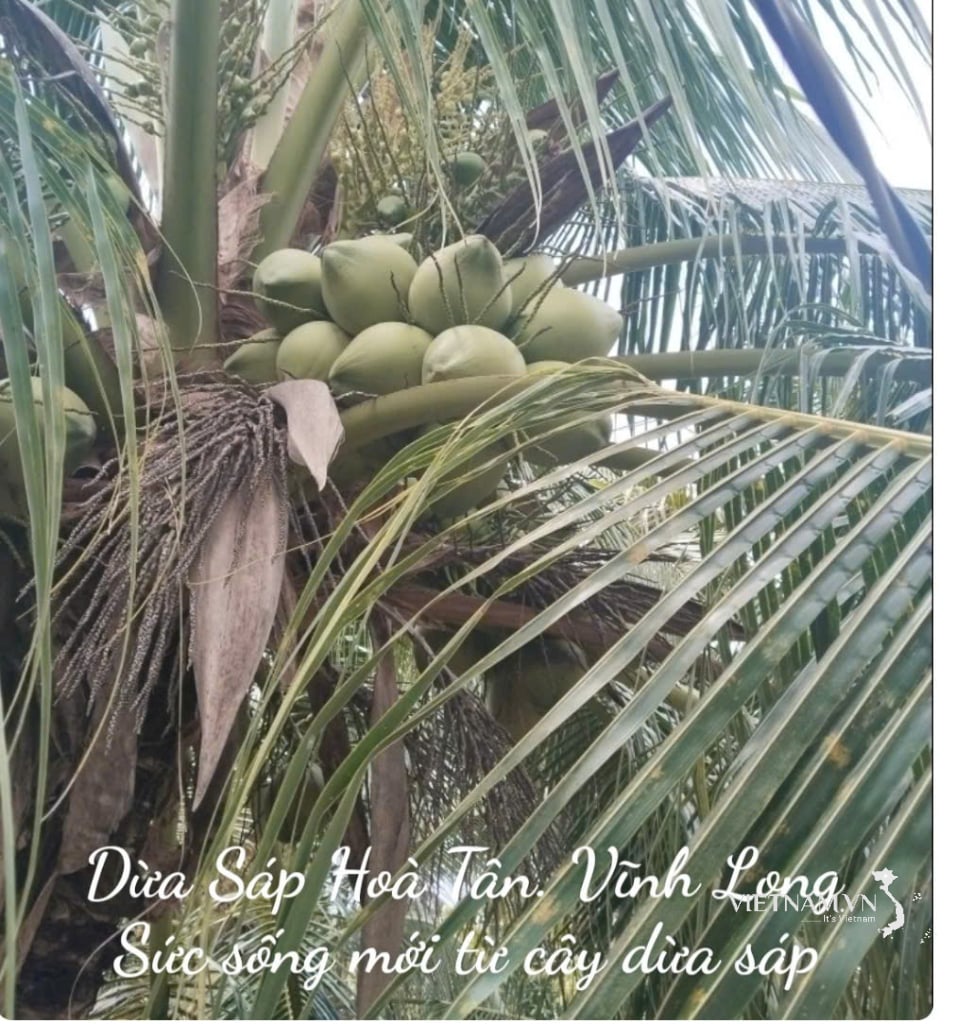


Comment (0)